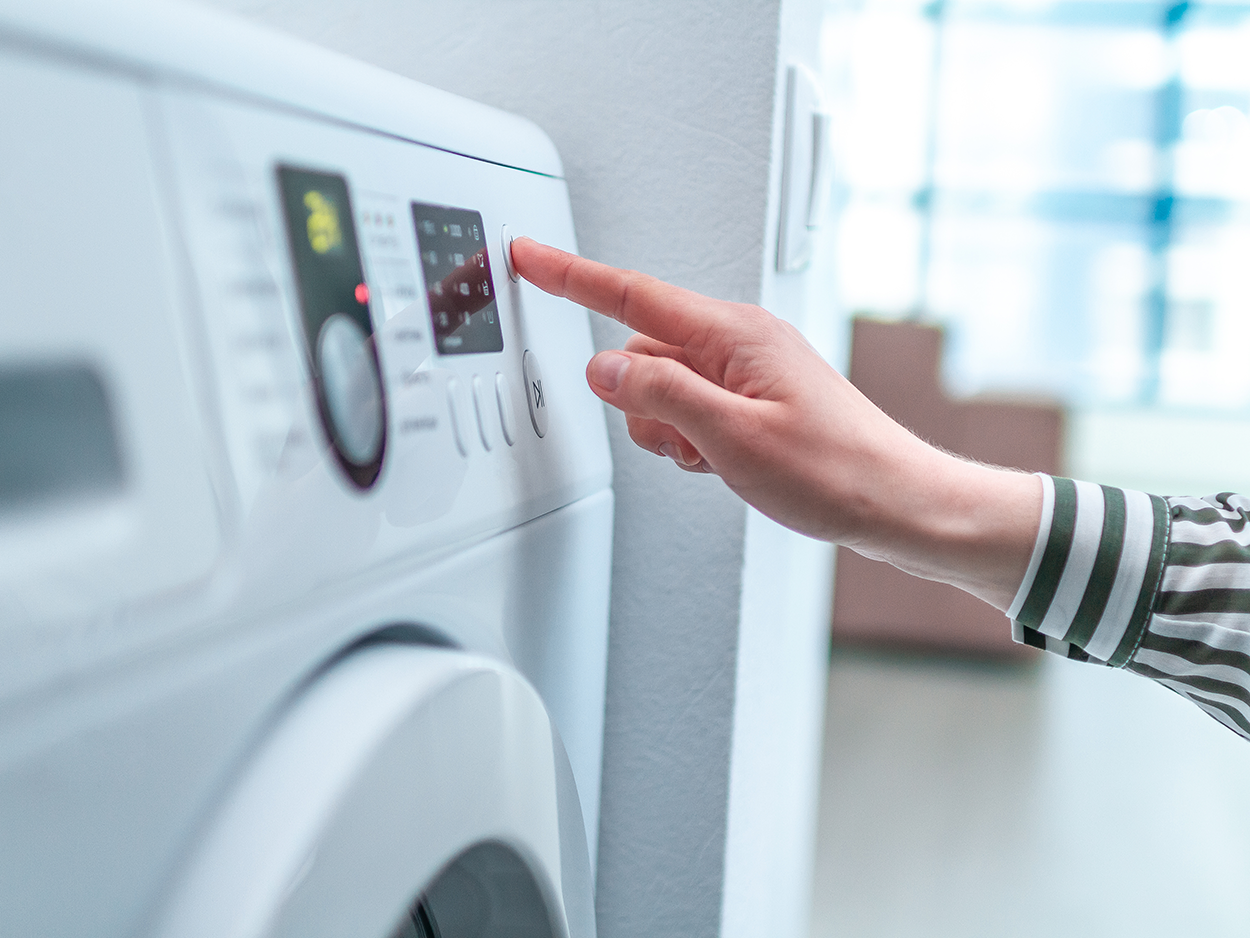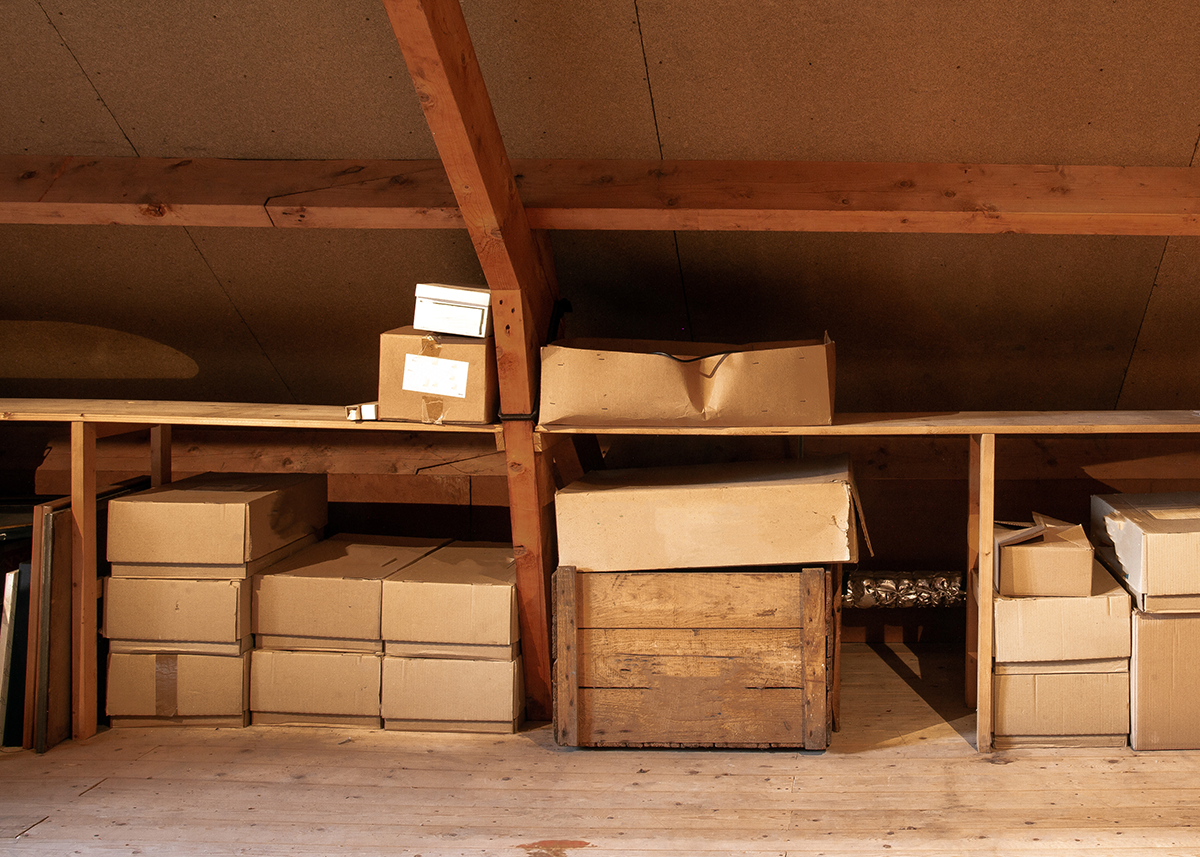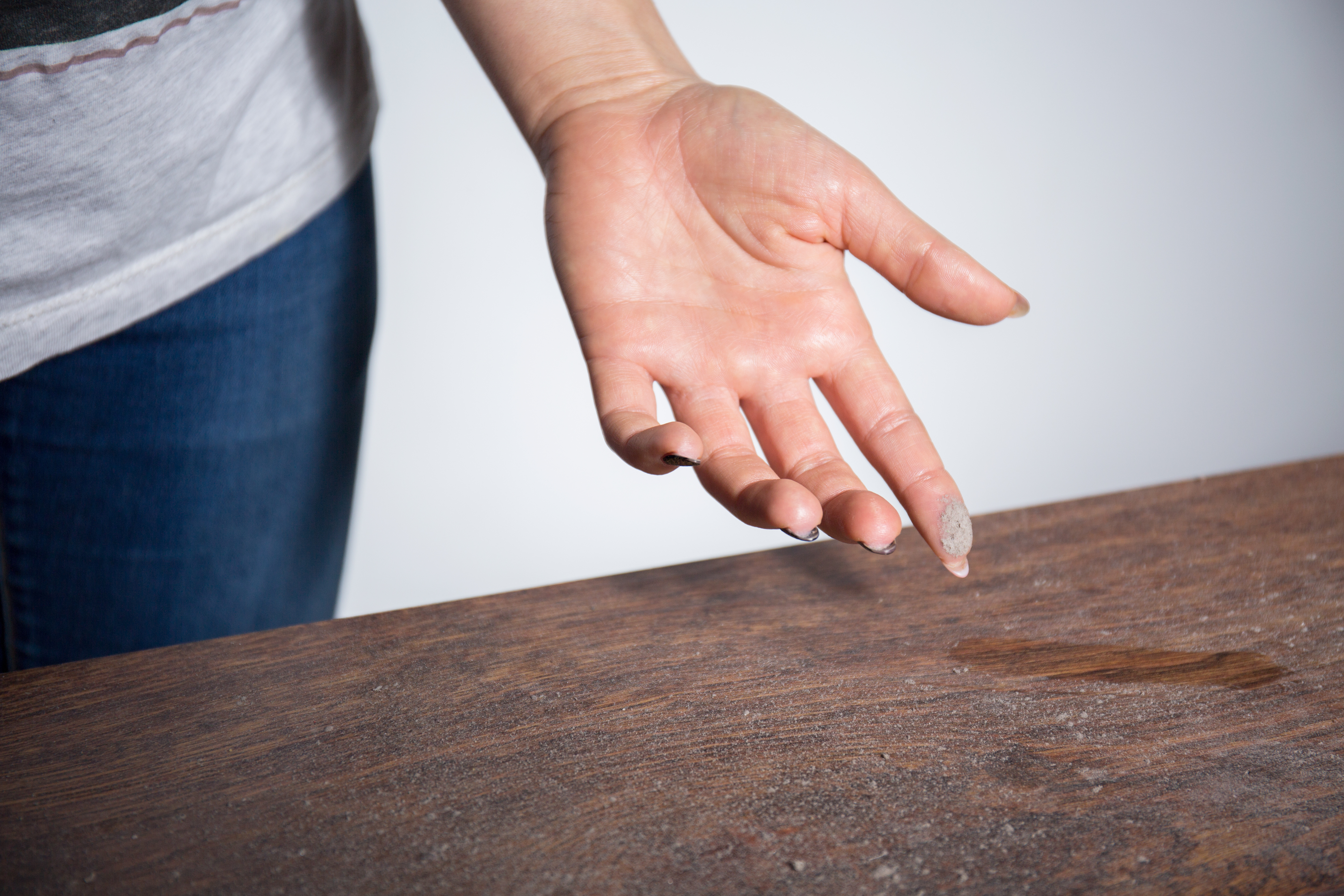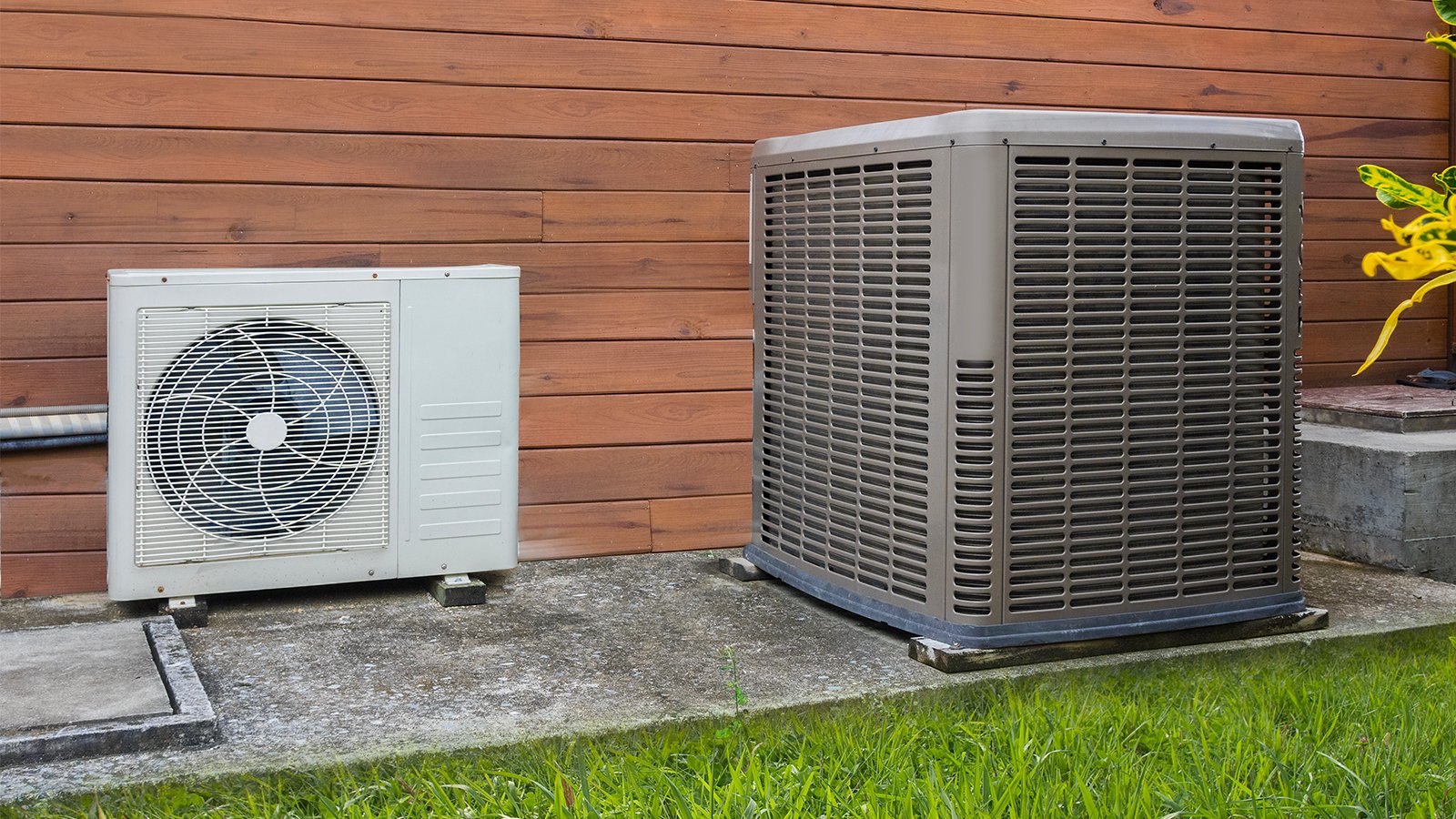
Spring is a transitional time for your HVAC system. After months of running in heating mode—or sitting idle altogether—your system may start to make unusual sounds when it kicks on for cooling. These noises can be unsettling, especially if everything seemed to be working fine the last time you used it.
But HVAC systems are mechanical at their core, and mechanical systems don’t always return to work quietly after a season of inactivity. Understanding what these sounds mean and what might be causing them can help you avoid costly repairs down the line—and keep your home comfortable as temperatures rise.
Seasonal Shifts Can Expose Hidden Wear
During the winter, your cooling system components (like your condenser, refrigerant lines, and outdoor fan) typically get a break. The heating side of your HVAC system picks up the slack, especially in colder climates. That downtime, combined with exposure to the elements, can lead to the kinds of wear and tear that don't show up until you flip the system back into cooling mode.
Cold weather can cause metal components to contract and seals to weaken. Debris like leaves, twigs, or even nesting critters may have found their way into your outdoor unit. Dust and moisture buildup inside the system can interfere with sensors and moving parts. As a result, when the system kicks back on in spring, it may sound noticeably different—and not in a good way.
Below are some of the most common post-winter HVAC noises, what they often mean, and when it’s time to call in a professional.
Common HVAC Noises and Their Causes
Banging or Clanking
If you hear a loud banging or metal-on-metal clanking when the system starts up, it could be a sign of loose or broken components inside the compressor—like a connecting rod or piston. It might also indicate an unbalanced blower or outdoor fan. These types of sounds shouldn’t be ignored, as they can signal internal damage that will only worsen with continued use. Turn off the system and call an HVAC technician to inspect it before running it again.
Screeching or Squealing
A high-pitched squeal is often linked to issues with the blower motor or fan motor. It may mean a belt is worn out, bearings need lubrication, or the motor is beginning to fail. These sounds can start subtle and become more piercing over time. A technician can pinpoint whether the problem is a simple repair—like a belt replacement—or a warning sign of a motor nearing the end of its life.
Hissing or Whistling
This kind of sound can point to a few different issues. If it's coming from ductwork, it might be the result of air leaks—something that compromises airflow and efficiency. If the hissing is coming from the indoor or outdoor unit, it could mean a refrigerant leak or high pressure in the compressor. Refrigerant issues should always be addressed by a professional, both for safety and system performance.
Rattling
Rattling is often caused by loose screws, panels, or debris that’s accumulated inside the outdoor unit. Sometimes, it's as simple as a branch stuck against the fan. Other times, it could indicate a failing electrical component vibrating during operation. If a quick visual check doesn’t reveal anything obvious—and the noise continues—it’s best to schedule a service call.
Clicking
It’s normal to hear a click when your system starts up or shuts down. But if you hear constant or repeated clicking, especially near the control panel or thermostat, it could be a sign of an electrical issue. That might include a failing relay or a wiring problem. These are small parts, but when they fail, they can prevent your system from turning on at all.
Buzzing
Buzzing can be a tricky one. It may come from loose fan blades, a dirty condenser coil, or a malfunctioning outdoor fan motor. It might also be electrical—like a failing capacitor or contactor. Because buzzing is often linked to power components, it’s safest to turn off the system and call a technician to diagnose the issue before something shorts out.
Gurgling
This sound is less common but can indicate low refrigerant or a clog in the drain line. When refrigerant isn’t flowing properly or condensate can’t drain, the system may make bubbling or gurgling noises as air and liquid struggle to move through the lines. Left unaddressed, this can lead to cooling issues and water damage.
Should You Be Worried?
Not every sound means there’s something seriously wrong—but none of them should be ignored completely. Your HVAC system shouldn’t surprise you with new or worsening noises each season. At the very least, strange sounds indicate inefficiency. At worst, they signal a part on the verge of failure.
If the sound is consistent, increases over time, or comes with changes in airflow or temperature, it’s worth getting checked out. The sooner an issue is caught, the easier (and less expensive) it usually is to fix.
A Simple Step: Schedule Spring Maintenance
Even if you’re not hearing anything out of the ordinary, spring is a smart time to schedule routine HVAC maintenance. A technician can clean your system, check for wear and tear, and catch early signs of trouble—before those subtle spring sounds turn into mid-summer breakdowns.
Your HVAC system is one of the hardest-working parts of your home. After a long winter, it deserves a little attention—and you deserve peace of mind knowing it’ll keep you cool all season long.









